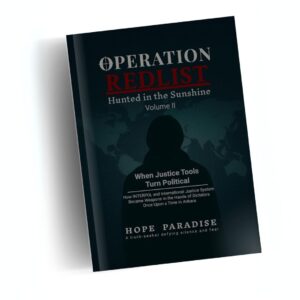
Operation Redlist – Volume II: Hunted in the Sunshine
When Exile Becomes a Cage, Justice Turns Into a Mirage.
In the wake of the 2016 coup attempt, Turkey transformed international law into a weapon of political control. This second volume of Operation Redlist exposes how Ankara—through INTERPOL Red Notices, extradition treaties, and politicised courts—systematically pursued dissidents, revoked citizenships, and turned asylum into a trap.
Drawing from verified testimonies, confidential documents, and international rulings, the book reveals how critics of authoritarian regimes found themselves hunted even under the “sunshine” of countries claiming to uphold human rights. From Istanbul’s municipal officials to investigative journalists, the stories converge into a chilling portrait of repression dressed in legality.
Note: Hope Paradise is the official pen name of the author, used for privacy and security reasons.
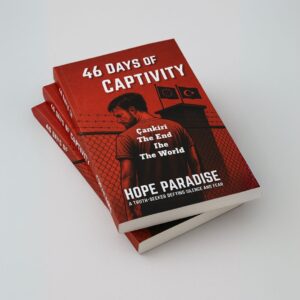
46 Days of Captivity – Çankırı: The End of The World
An Unflinching First-Hand Account of Europe’s Hidden Migrant Detention System
46 Days of Captivity – Çankırı: The End of The World is a rare and unvarnished testimony from inside one of Turkey’s migrant detention centres—facilities that remain largely hidden from public scrutiny yet are, directly or indirectly, funded and overseen by the European Union.
The author, stripped of Turkish citizenship in an abrupt and unlawful political move linked to tensions between Ankara and Tehran, was suddenly reclassified as an “illegal migrant” and detained for 46 days. In that time, he witnessed a system where the law was not merely ignored but rendered meaningless, and where the erosion of human dignity was part of daily life.
Note: Hope Paradise is the official pen name of the author, used for privacy and security reasons.

Operation Redlist – Volume I: Hunted in the Shadows
An Investigative Exposé on How International Law Is Being Used to Silence Dissent
After 4.5 years of meticulous documentation and interviews, Operation Redlist – Volume I: Hunted in the Shadows emerges as a groundbreaking work of investigative nonfiction. It uncovers the strategic abuse of INTERPOL by regimes like Iran to criminalise dissent, persecute exiles, and manipulate the rule of law. Combining legal analysis, personal testimony, and verified sources, this book is a call to the world: when law becomes a weapon, justice must speak louder. Available now for free—because truth should never be behind a paywall.
Note: Hope Paradise is the official pen name of the author, used for privacy and security reasons.

The Prince by Niccolò Machiavelli
The Prince by Machiavelli offers blunt advice to rulers on power and leadership, exploring how to gain and keep control, especially in new states, through realism, strategy, and adaptability.
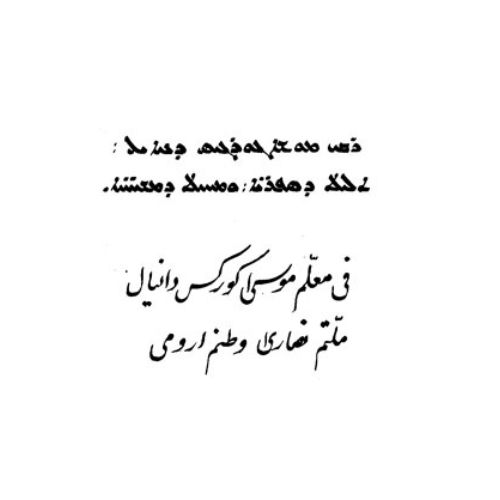
Modern Persia by Mooshie G. Daniel
Modern Persia by Rabbi Mooshie G. Daniel explores 19th-century Persian society, religion, and culture, aiming to correct misconceptions and encourage missionary work through accurate insight.
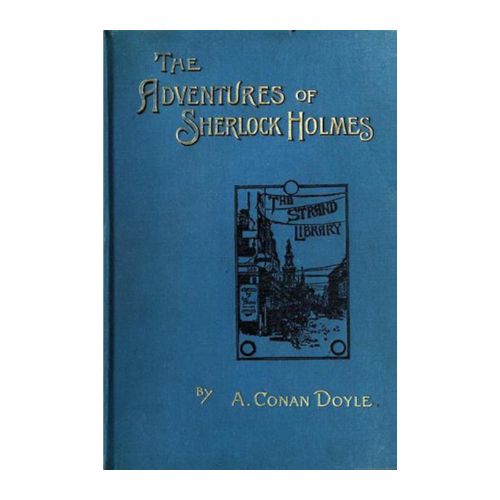
The Adventures of Sherlock Holmes by Arthur Conan Doyle
Sherlock and Dr. Watson solve clever mysteries in The Adventures of Sherlock Holmes. In “A Scandal in Bohemia,” Holmes faces a royal case involving Irene Adler and a hidden photograph.
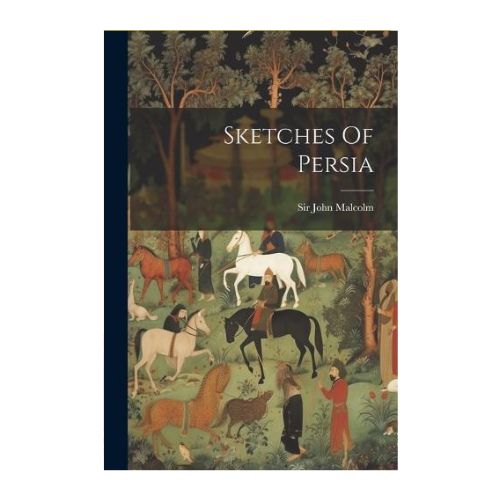
Sketches of Persia by John Malcolm
Malcolm’s Sketches of Persia blends travel tales and cultural insights from his 19th-century journey, vividly portraying Persian society, politics, and people through personal stories and observations.
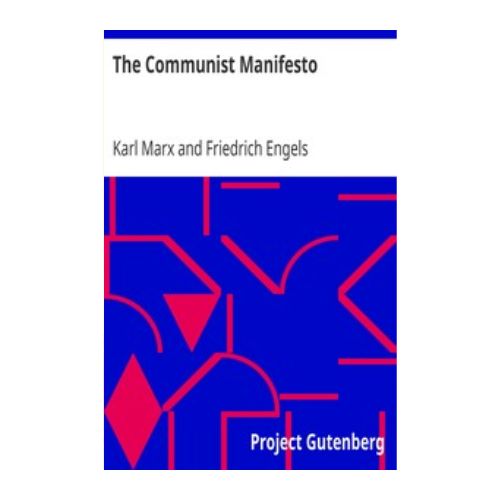
The Communist Manifesto by Karl Marx and Friedrich Engels
Marx and Engels expose class struggles, urging workers to unite and overthrow capitalism to create a classless society by abolishing private property and ending proletariat exploitation.
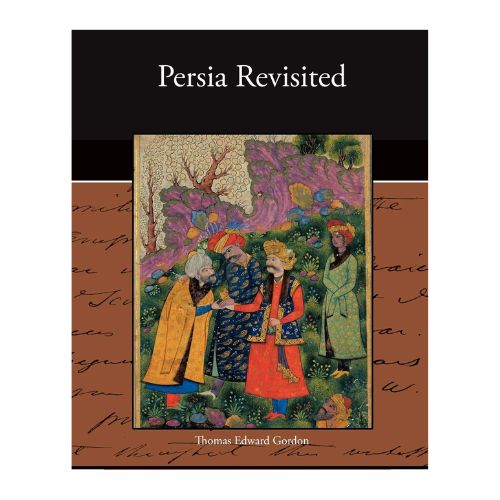
Persia Revisited by Sir Thomas Edward Gordon
Persia Revisited by Gordon shares his 19th-century journey and insights on Persia’s society, politics, and economy after Shah Nasr-ed-Din’s death, blending travel and historical analysis.
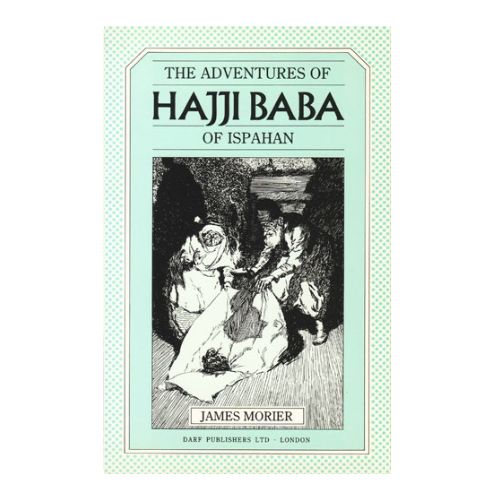
The Adventures of Hajji Baba by James Justinian Morier
Hajji Baba, a barber’s son, embarks on adventures across Persia, facing danger and satire that reveal the complexities of society through humor, survival, and his bold, resourceful spirit.
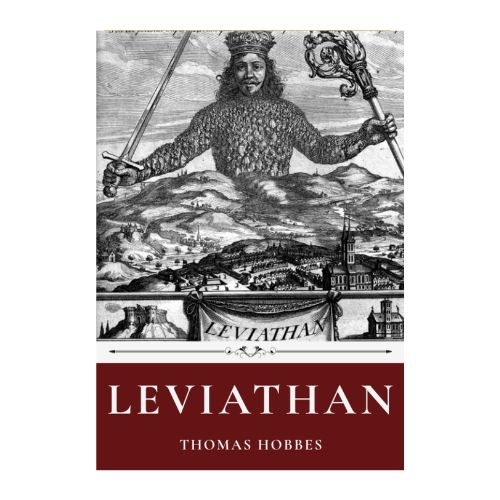
Leviathan
by Thomas Hobbes
Leviathan opens with Hobbes’ analogy of the state as an artificial man, introducing his view that a strong sovereign power, formed by social contract, is essential to prevent chaos and ensure order.
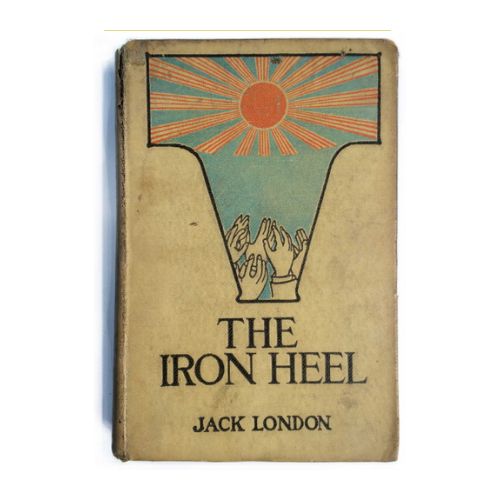
The iron heel
by Jack London
The Iron Heel follows Avis as she recalls her husband Ernest’s fight against a dystopian oligarchy, highlighting social injustice and the struggle for workers’ rights in early 20th-century America.
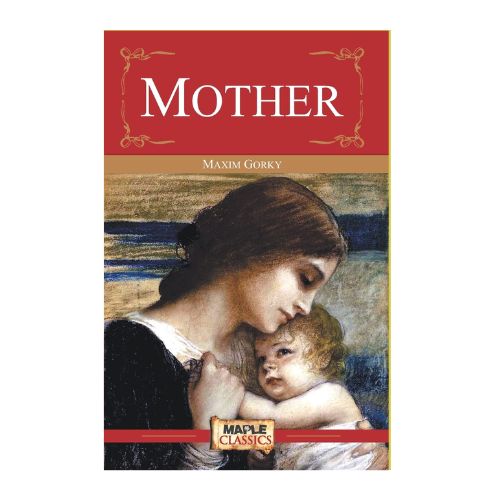
The Mother
by Maxim Gorky
Lenin praised Gorky’s Mother as a timely, needed book for workers joining the revolution, asked about censorship and trials, then laughed heartily, showing his sharp, practical view of the work.
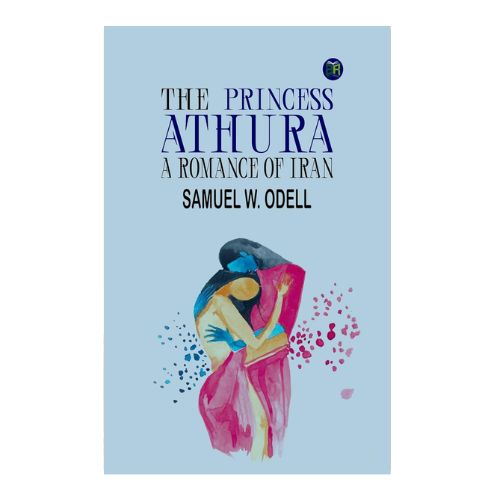
The Princess Athura: A romance of Iran by Samuel W. Odell
Set in ancient Iran, The Princess Athura follows Prince Darius and Princess Athura amid love, power struggles, and political turmoil after King Cyrus’s battle and mortal injury.
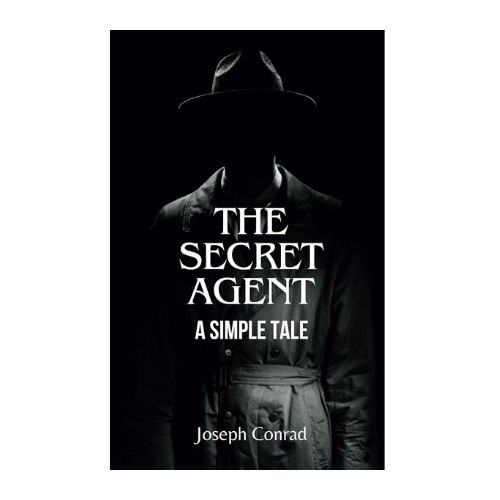
The Secret Agent: A Simple Tale by Joseph Conrad
Conrad’s The Secret Agent follows Mr. Verloc, a secret agent in London, whose shady life and family tensions reveal themes of political intrigue, extremism, and moral ambiguity in a tense society.
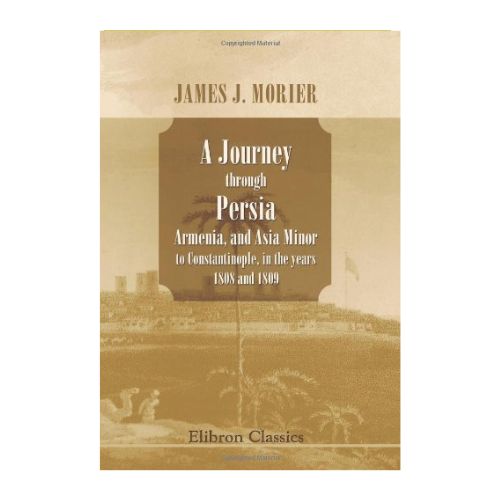
A Journey through Persia, Armenia, and Asia Minor, to Constantinople, in the…
Morier’s early 19th-century travelogue details his embassy journey from Bombay to Persia and beyond, sharing vivid observations of landscapes, politics, and cultures en route to Constantinople.
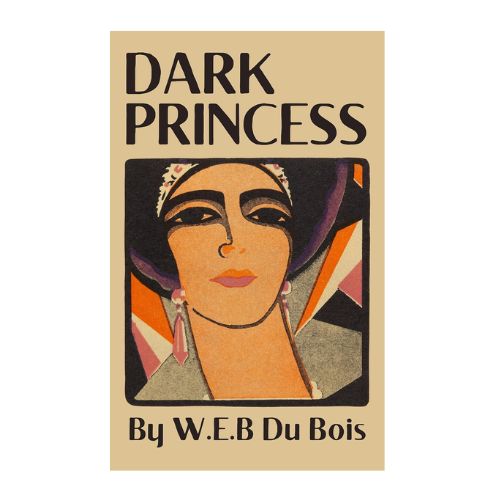
Dark Princess: A Romance by W.E.B. Du Bois
Set in ancient Iran, The Princess Athura follows Prince Darius and Princess Athura amid love, power struggles, and political turmoil after King Cyrus’s battle and mortal injury.
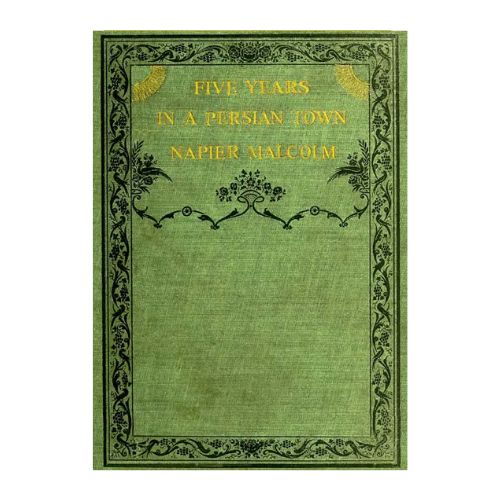
Five Years in a Persian Town by Napier Malcolm
Malcolm’s Five Years in a Persian Town depicts Yezd’s harsh desert life, diverse religions, and social customs through the eyes of a missionary, revealing the town’s unique culture and survival challenges.
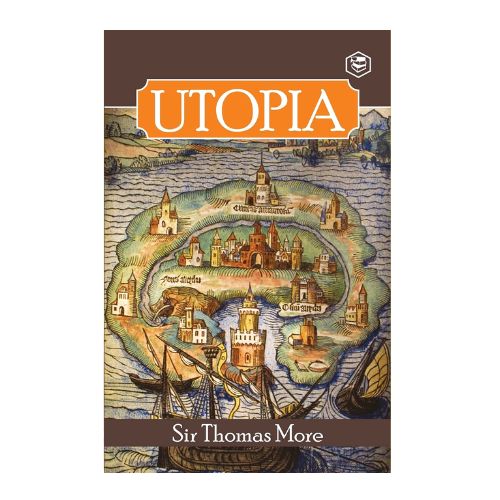
Utopia
by Saint Thomas More
Utopia opens with More’s background and his meeting with Raphael Hythloday, who shares insights on an ideal society, critiquing European social and political issues through a fictional island.
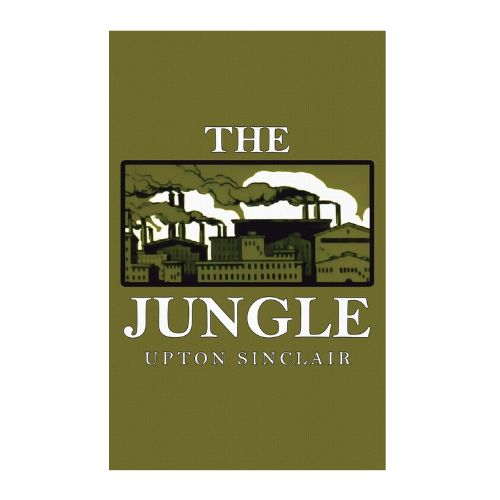
The Jungle
by Upton Sinclair
Sinclair’s The Jungle opens with Jurgis and Ona’s lively wedding amidst Chicago’s stockyards, foreshadowing the harsh struggles faced by immigrants in the brutal meatpacking industry and working-class life.
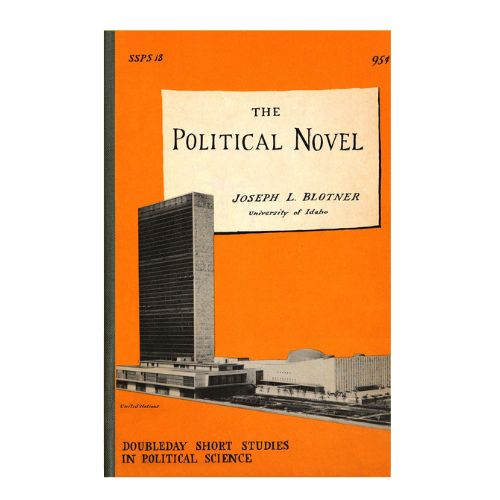
The political novel by Joseph Blotner
Blotner’s The Political Novel explores how fiction reflects and shapes political ideas, analyzing novels as tools to understand political life, behavior, and the blend of personal and societal themes.
